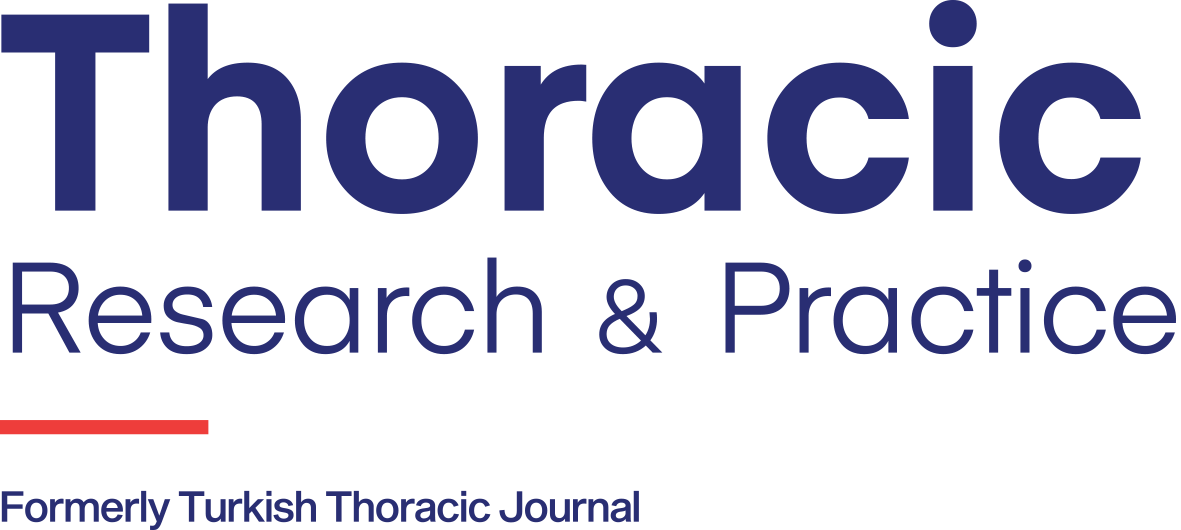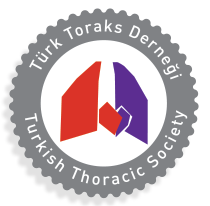Abstract
Abstract
We evaluated the presence of Ethionamide (Ethio) resistance and its effect on the time of sputum smear negativity in multidrug-resistant tuberculosis (MDR TB) patients who had not been given any second line drugs previously. Drug sensitivity tests to isoniazid, rifampicine, ethambutol, streptomycine, and ethionamide were performed on the sputum of 50 patients treated in Heybeliada, Süreyyapafla, and Yedikule Hospitals between August 2004 - May 2005. Both indirect agar proportion and BACTEC methods were used to determine Ethio sensitivity. Eleven (22%) of patients who were least resistant to isoniacide and rifampicine were found to be resistant to Ethio with the BACTEC method. Of these 11 cases, 3 (27.3%) were new patients and 8 (72.7%) were having re-treatment. 16.6% (3 cases) of 18 new patients were resistant to Ethio,while the resistance ratio was 25% (8 cases) for the 32 re-treatment patients. Mean sputum smear negativity was 75.18 days for Ethio resistant cases and 50.03 days for Ethio sensitive cases (p<0.05). Other parameters with a potential effect on sputum conversion time were also examinedl. Both Ethio resistant and sensitive groups were homogeneous for these factors. We found that not only Ethio resistance but also age and radiologically advanced disease were parameters affecting sputum conversion time adversely. Ethio resistance was 22% in our MDR-TB cases.



